Passports and Visas/ Entry FormalitiesAll travellers to Australia need a valid passport or similar certificate of identification. The passport must be valid at time of entry and departure from Australia. Some airlines may have specific passport requirements therefore we recommend you check directly with the carrier.
Visitors to Australia (with the exception of New Zealand passport holders) will require a visitor visa that allows for stays in Australia of up to 12 weeks. For visitors from some countries a visa application fee may apply. Please visit
http://www.homeaffairs.gov.au/Trav/Visa-1/651- for details.
Climate and Season
Australia is in the southern hemisphere so the seasons are opposite to America, Europe, Asia and Japan.
Summer: December to February
Autumn: March to May
Winter: June to August
Spring: September to November
Time Zones
There are three times zones in Australia -
Eastern
Australian Eastern Standard Time (AEST) is equal to Coordinated Universal Time plus 10 hours (UTC +10).
AEST is followed in these regions:
New South Wales (except Broken Hill)
Victoria
Queensland
Tasmania
Australia Capital Territory
Central
Australian Central Standard Time (ACST) is equal to Coordinated Universal Time plus 9 ½ hours (UTC +9 ½).
ACST is followed in these regions
South Australia
Northern Territory
Broken Hill, NSW
Western
Australian Western Standard Time (AWST) is equal to Coordinated Universal Time plus 8 hours (UTC +8).
AWST is followed in these regions:
Western Australia
Summer time (daylight saving) operates from October to March in most states.
Government
Australia’s formal name is the Commonwealth of Australia. The form of government used in Australia is a Constitutional Monarchy – ‘Constitutional’ because the powers and procedures of the Commonwealth Government are defined by a written constitution and ‘Monarchy’ because Australia’s Head of State is Queen Elizabeth II.
Language
All people in Australia are encouraged to learn English, which is the national language and an important unifying element of Australian society.
However, languages other than English are also valued. In fact, more than 15 per cent of Australians speak languages other than English at home. The most commonly spoken languages after English are Italian, Greek, Cantonese, Arabic, Vietnamese and Mandarin. Australians speak more than 200 languages, including Indigenous Australian languages.
Population
Australia’s population is currently at 21 million with New South Wales having the largest population at 7 million.
Driving
You may use your license from your own country when driving in Australia and you must carry it with you when you are driving. Additionally, if your license is not in English, you must carry an English translation when driving in Australia.
Currency
The Australian Currency is based on the Australian Dollar. Notes in use are $100, $50, $20, $10 and $5 and coins in denominations of $2, $1, 50, 20, 10 and 5 cents.
Goods and Services Tax
A goods and services tax (GST) of 10% is applicable to all good and services.
There is a 10% Goods and Services Tax (GST), which will be added to your bill and shown separately. Travellers can claim a tax refund on certain goods purchased within Australia to be taken out of the country. One thing some retailers neglect to mention, though, is that the goods should be hand luggage as the refund desk is the airside of Customs and they like to see the goods before issuing a refund. Full information about the Tourist Refund Scheme can be found at www. Customs.gov.au/taxref/trs.htm. No service charge applies in Australia. Tipping is not mandatory but a 10% tip in restaurants and hotel bars is normal for good service.
Banking
Banks open at 9.30am and close at 4.30pm Mondays to Fridays. Banks are closed on Public Holidays. Banks in major shopping centres usually open on a Saturday, but close at 12.00pm.
Shopping
The majority of stores are opened between 9.00am to 5.00pm. Late night Thursday, shops are usually open until 9.00pm. Most shopping centres are open on Sunday until 4.00pm.
Dress
Australia is a relaxed and casual place. The rule for most establishments is 'enclosed footwear'. Sneakers, joggers, sandshoes, and sandals are fine for both men and women except in up-market restaurants and exclusive nightclubs. A jacket may be required in some nightclubs and restaurants.
Comfortable shoes are a must for hiking though National Parks. Depending on the forecast, dressing in layers can be a good idea - a long sleeved shirt, a light sweater and a jacket.
Precautions
Emergency Telephone Number
The emergency telephone number throughout Australia is 000. It is available from any public, private or mobile phone at no charge. 000 connects you to a central service operator who will ask if you need the police, ambulance or fire brigade.
Sun Protection
Australia has one of the highest rates of skin cancer in the world caused by exposure to the sun. Make sure you use a sunscreen with a Sun Protection Factor (SPF) of at least 15+ and apply it often, especially after you have been in the water. If you intend to be in the sun for more than half an hour or so, wear a hat, a shirt and sunglasses when you are not in the water.
Swimming
Safe swimming areas are marked by a pair of flags, half red half yellow, on either side of the safety zone. Stay between the flags and keep an eye on the lifeguard.
Water
Always make sure you carry water with you, especially in Summer.
Electricity
240/250 volts AC 50HZ. Universal outlets for 110 volts (shavers only) are standard in hotels, apartments and motels.
Distances
Australia is an island continent of 7,686,884 square kilometres located in the Southern Hemisphere south of Asia. It's coastline of 36,735 kilometres is washed by three oceans and four seas. About 40% of the continent is in the tropics. It is almost the same size as the mainland United States and half as large again as Continental Europe. It is a modern industrialised nation and a vast primary producer. Its people are mainly of European origin, with a population of approximately 21 million.
Apart from its unique animals, friendly and hospitable people, Australia is a fascinating holiday destination whatever your interests. Hotels are rated among the best in the world, while restaurants, representative of all nationalities and to suit all tastes, abound in Australia. On the coast, seafood is particularly good and comparatively inexpensive. Beef and lamb are also plentiful. Wines in Australia are excellent and have won prizes in UK, France, Germany and the USA for their quality. It is recommended that Australian wines be sampled whilst visiting.
Air Miles
Perth - Adelaide 2,118 kms flight time 2 hours 40 min
Adelaide - Melbourne 640 kms flight time 1 hour 10 min
Melbourne - Sydney 706 kms flight time 1 hour 20 min
Sydney - Brisbane 752 kms flight time 1 hour 25 min
Sydney - Perth 3,274 kms flight time 4 hours 10 min
Sydney - Darwin 3,151 kms flight time 4 hours 40 min
Sydney - Broome 3,382 kms flight time 5 hours 15 min
Sydney - Cairns 1,970 kms flight time 3 hours 10 min
Cairns - Darwin 1,674 kms flight time 2 hours 30 min
Brisbane - Cairns 1,391 kms flight time 2 hours 15 min
Darwin - Broome (via Kununurra)1,172 kms flight time 2 hours 25 min
Darwin - Alice Springs 1,305 kms flight time 1 hour 55 min
Darwin - Perth 2,653 kms flight time 4 hours
Alice Springs - Ayers Rock 332 kms flight time 45 min

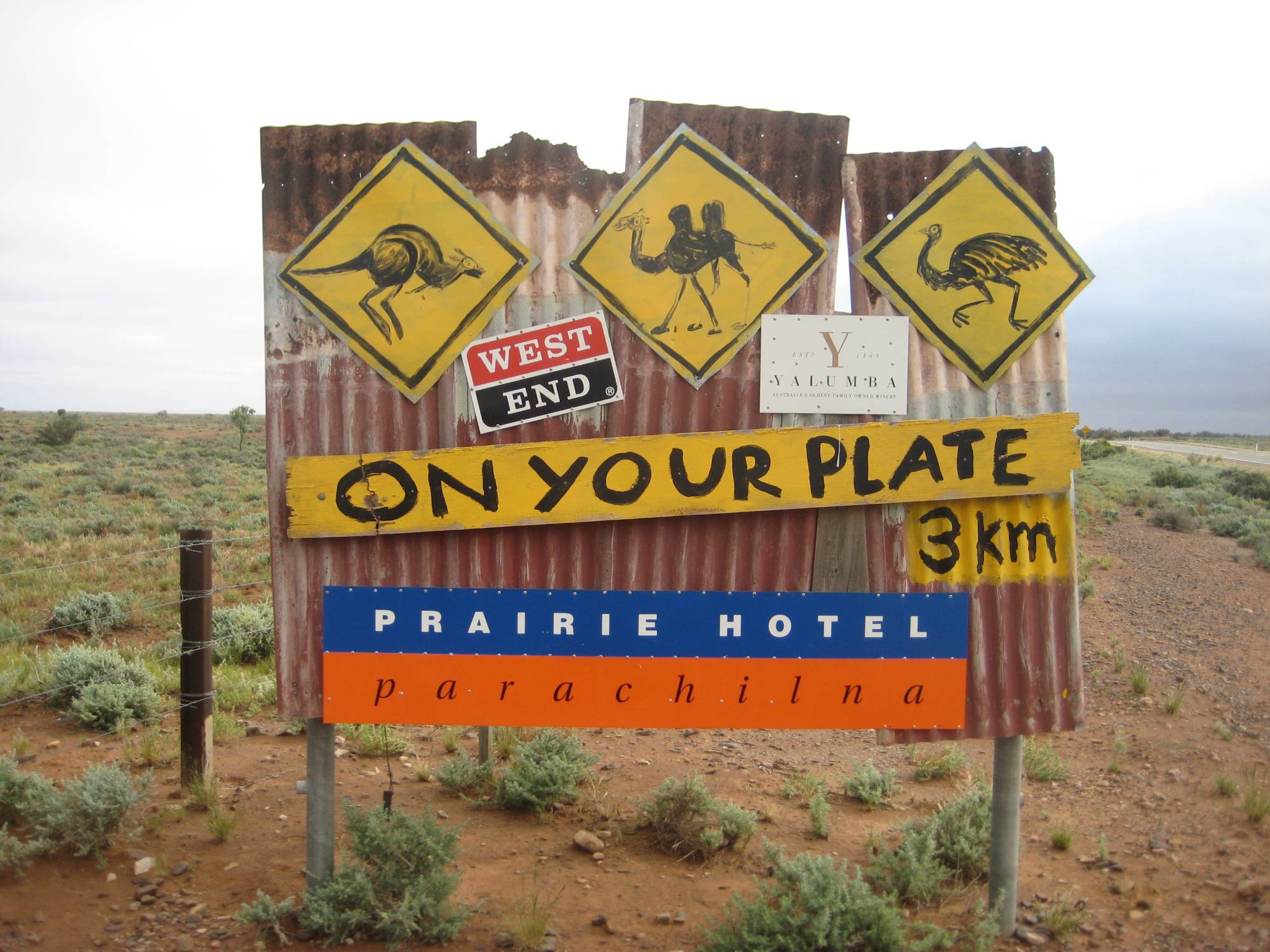
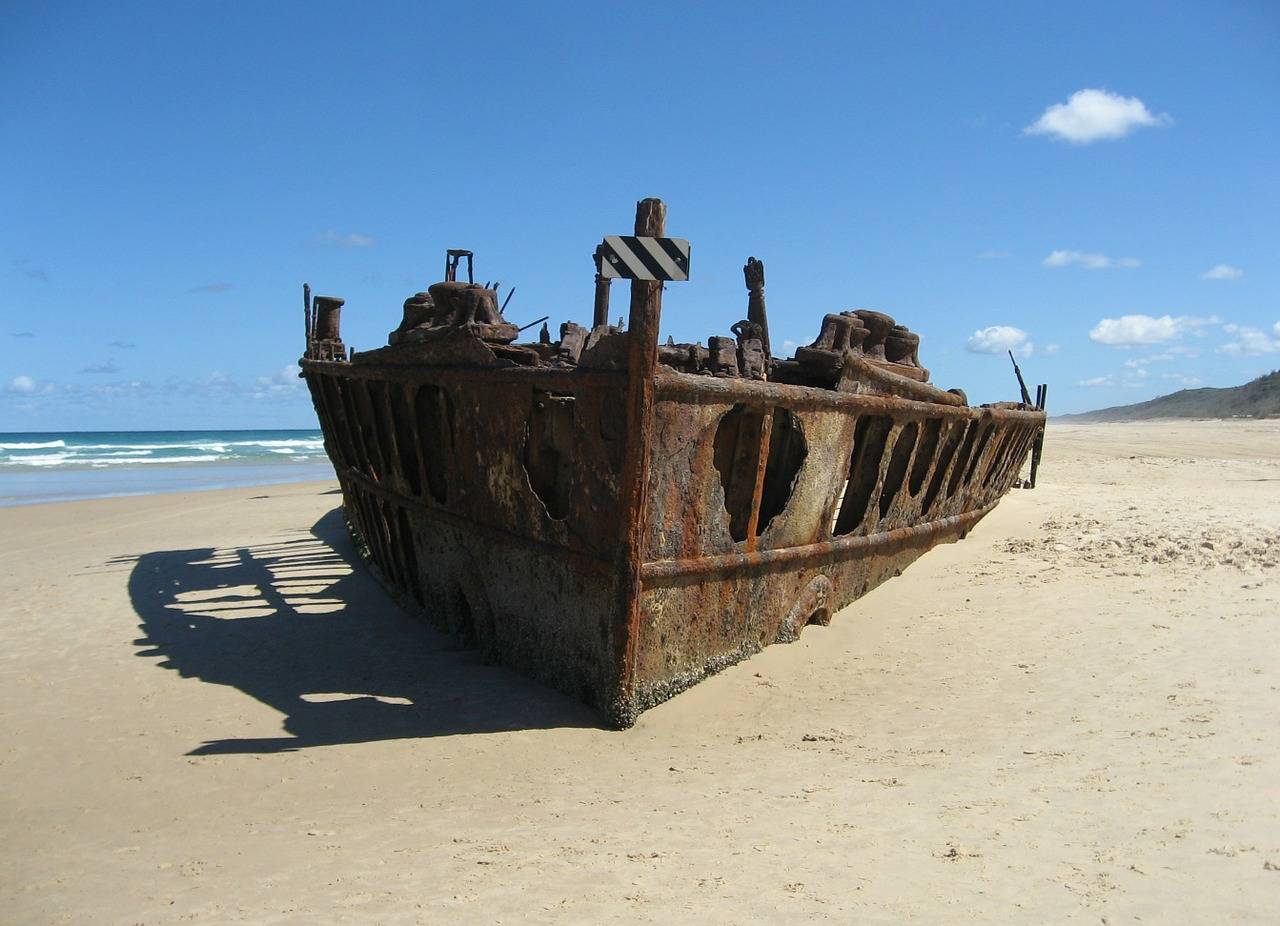
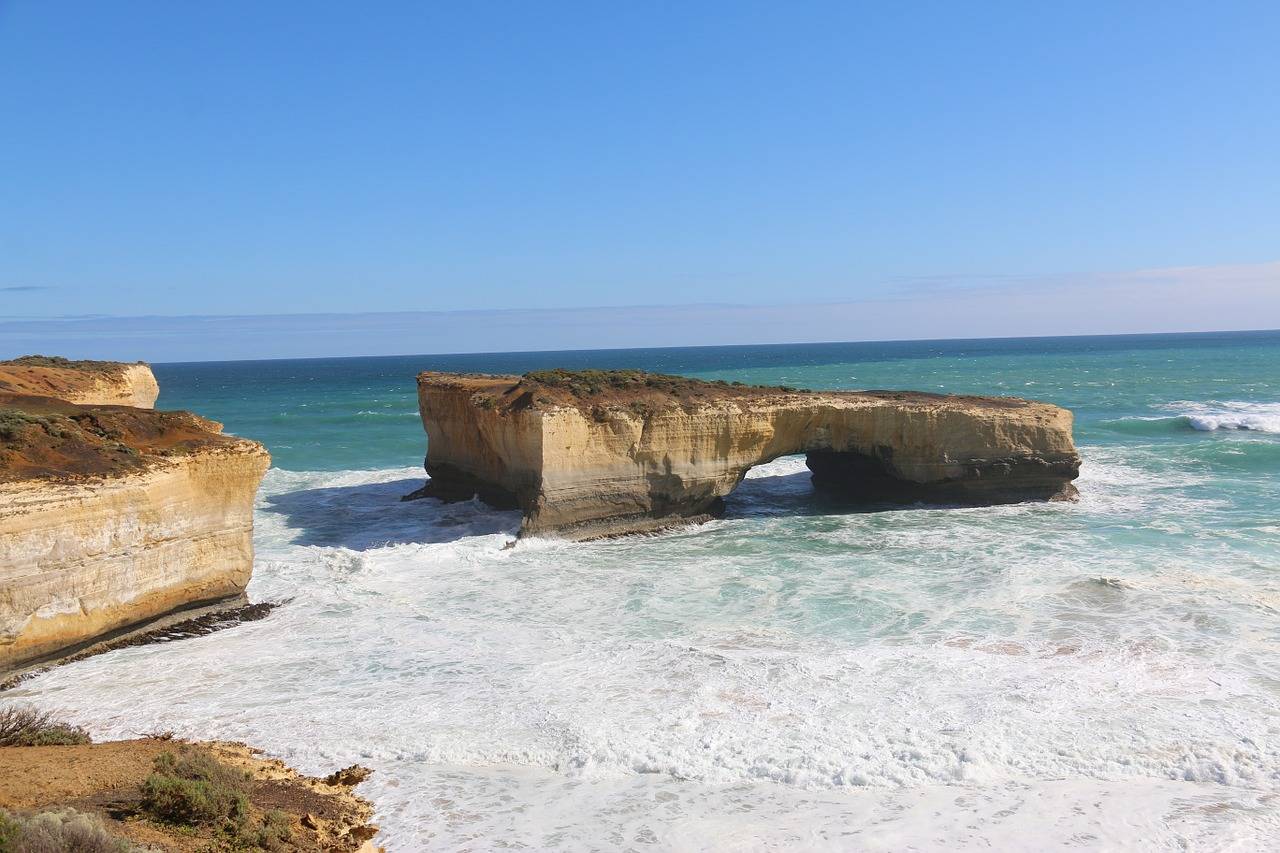
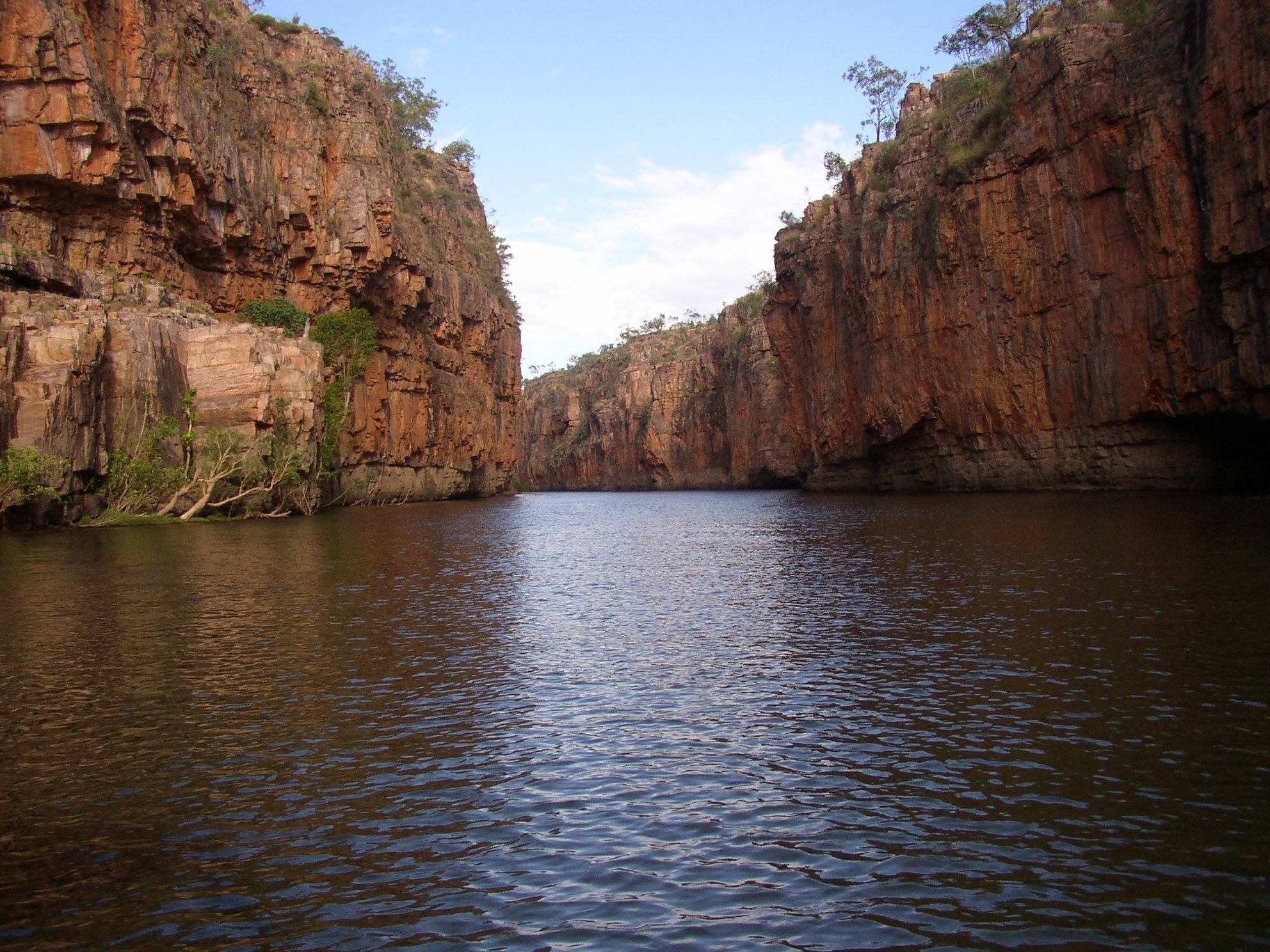
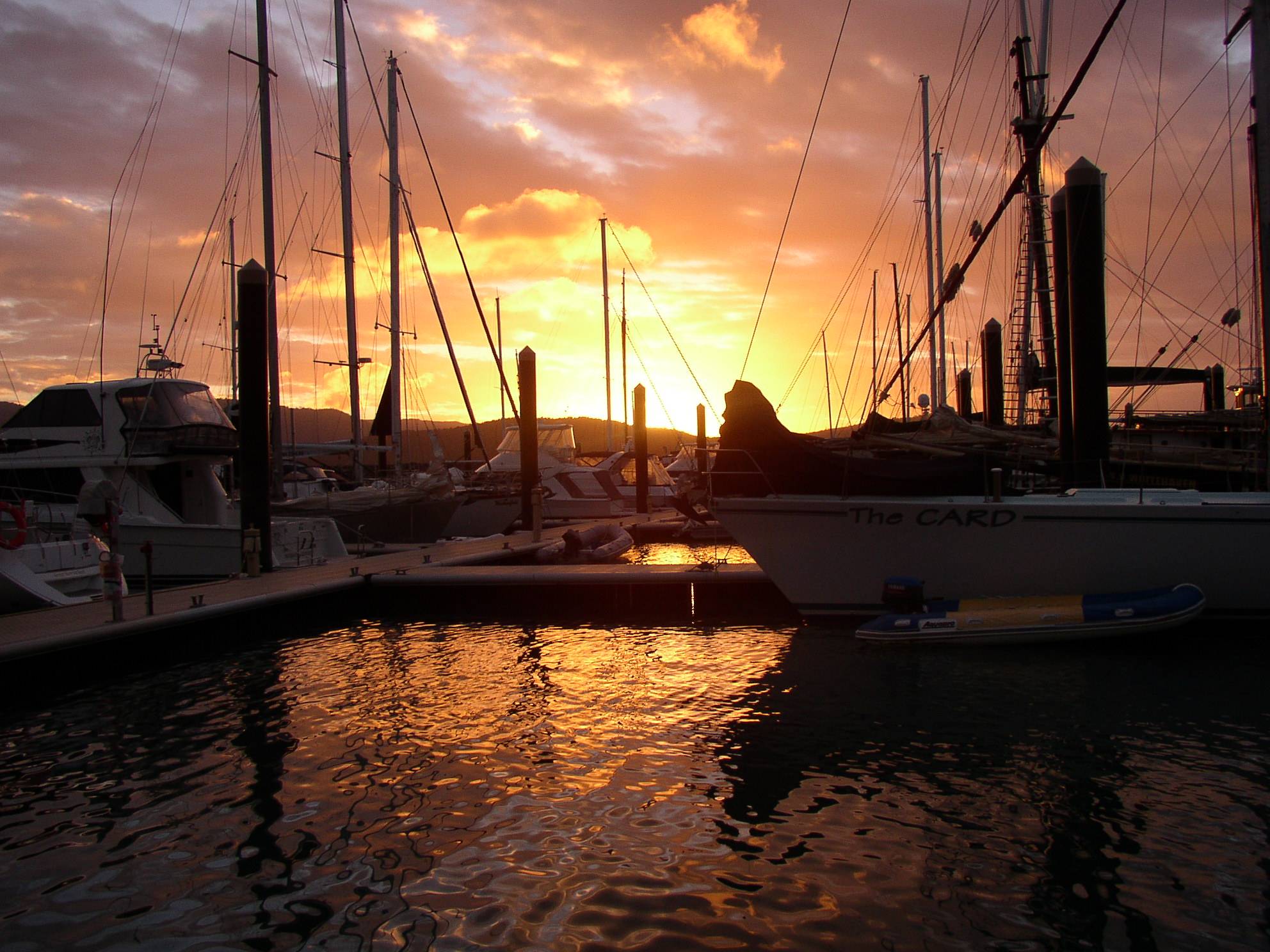
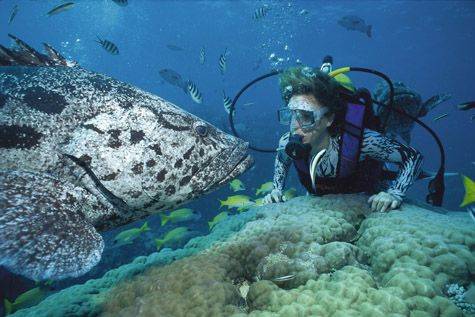
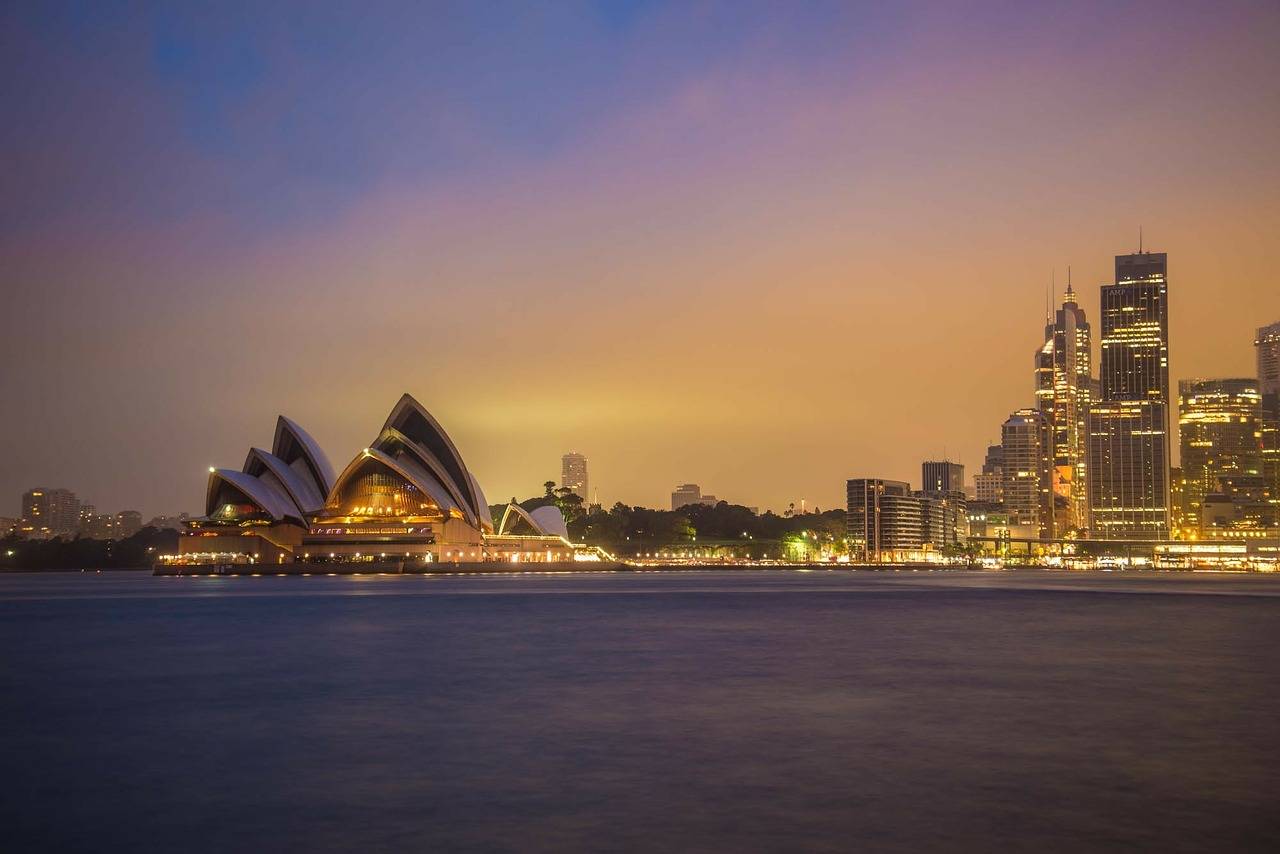
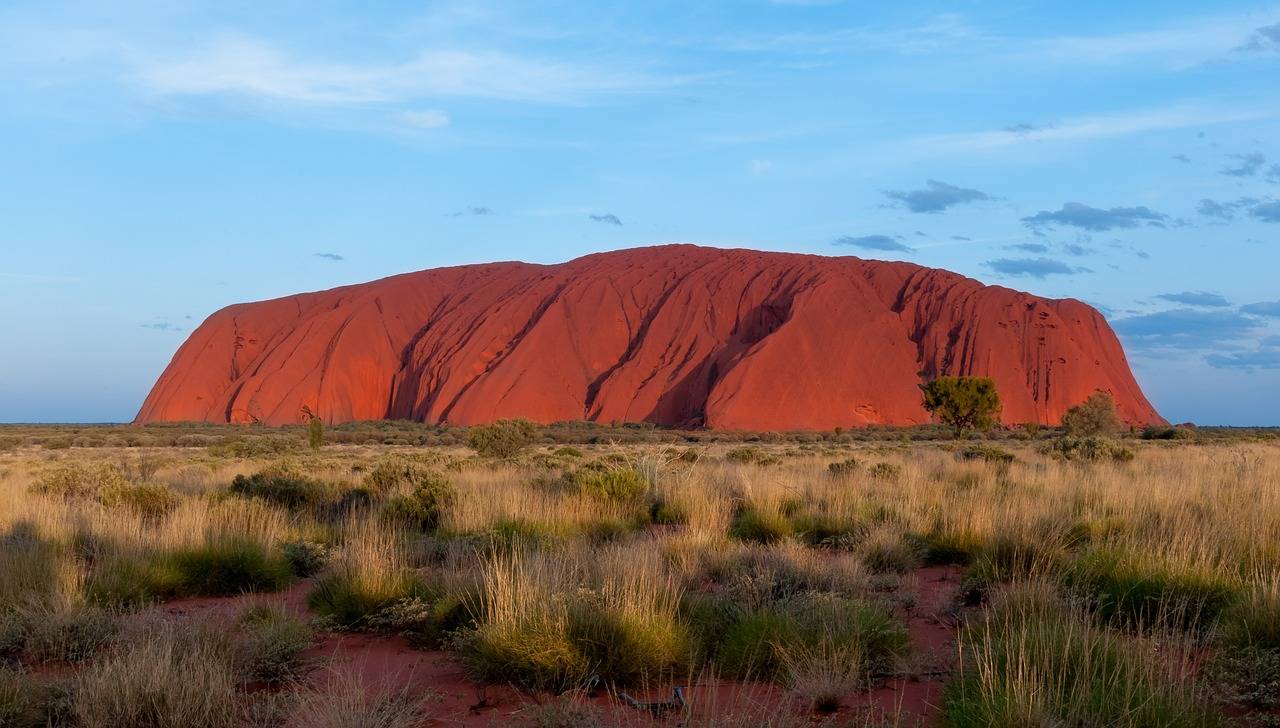
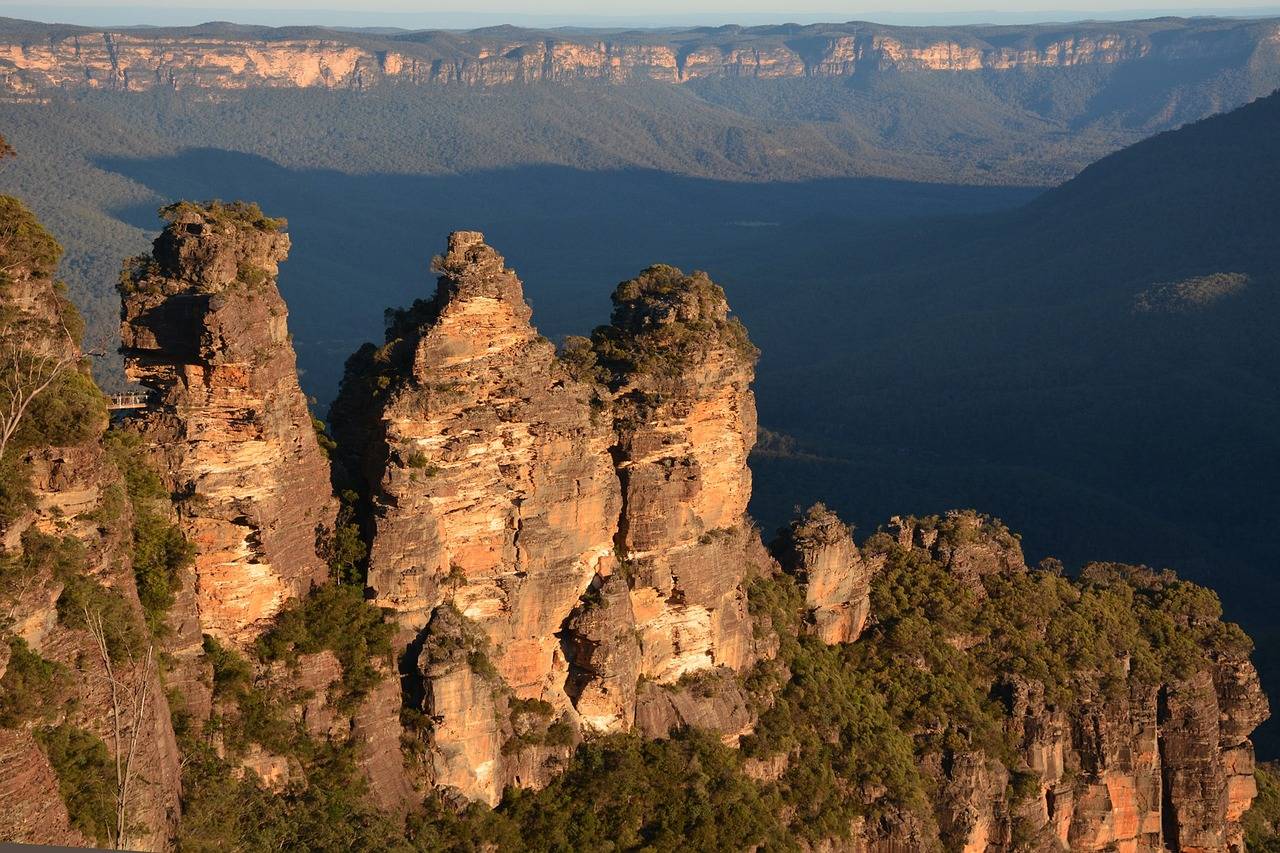
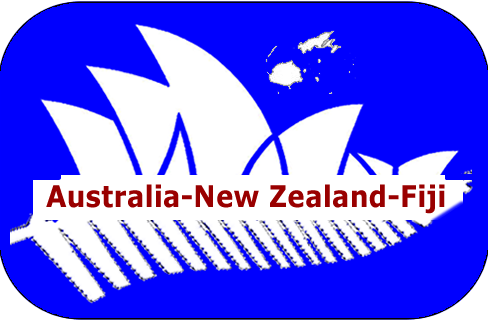
FOLLOW US!